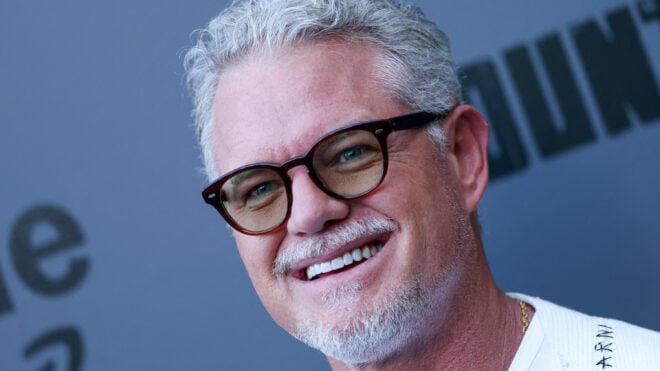
When my oldest daughter was in first grade, she came home from school and dropped her backpack and coat at the door. I lamented her inability to hang up her gear on the designated hooks and called her back into the room to clean up after herself. As she did so, I noticed her sneak something out of her side backpack pocket and place it on the counter with the weak nonchalance skills of a 7-year-old. I saw that the something was her brother’s slap bracelet, the one she had asked to take to school and the one I had told her she was not allowed to take. Her brother didn’t want her to have it, and the teacher had recently sent an email letting parents know that toys or jewelry from home were too distracting in the classroom. I calmly asked her to tell me about the bracelet. I wasn’t mad. I needed her to understand that sneaky, need-to-hide-the-truth feeling. I needed her to know that her intuition was telling her she should have made a different choice.

Most of us receive internal messages that guide our decisions or opinions. When something isn’t right, we feel a pit in our stomach or ache in our chest. Or on the other hand, we get a sense that this (whatever this is) is the right thing to do; we get a hunch or experience clarity. Our body is connected to our feelings, and it often alerts us and protects us through both negative and positive sensations. When we are stressed, our stomach hurts. When we are relieved, we feel light. These messages are our gut and intuition talking to us.

I have always been an intuitive person. I had a strong sense of self and was able to hear my inner guide at an early age. This inner voice wasn’t nurtured, and childhood abuse made it so what I wanted and needed to do was often in conflict with the way the adults in my life downplayed or ignored the harm happening to me. I experienced a sense of cognitive dissonance. I knew something wasn’t right, yet I was being told everything was fine. My normal was not normal, and I understood that on some level, even if it wasn’t being recognized. I quietly listened to the voice telling me to get good grades, practice hard, get into college, and leave. It wasn’t easy, but I did it.

My kids’ situations are much different from my own, but I recognize how important it is to encourage and honor their intuition and gut feelings. My daughter knew taking the slap bracelet to school was wrong. She did it anyway and did her best to hide it from me.

A consequence of that decision could have been to reprimand her. Getting in trouble would have confirmed that she made the wrong choice, but it may have also confirmed she needs to be better about sneaking around. The last thing I want is for any of my kids to feel like they have to hide something from me, so instead of making my daughter feel more shame or anxiety, I talked to her.

I asked her why she was trying to be devious about returning her brother’s bracelet. She told me the truth, and I praised her for that. But I brought her attention back to the icky feeling she had all day. She was afraid of getting caught. She regretted her decision. Defiance, in this case, was not something to celebrate. She wished she had listened to me. She was sorry for trying to hide the truth. I explained that while I wasn’t glad she felt crummy, I was glad she was able to experience those feelings so that she could use them to guide her in the future.

The stakes will get higher as she gets older. Pressure from peers and their own curiosity about riskier topics like sex, alcohol, drugs, and social media will play into her decision-making process. I want her to have the confidence to trust that if something doesn’t feel right, it probably isn’t.

Gut feelings can also confirm that we made the right decision. While at the park after school one day, I watched my daughter walk away from a large group of her girlfriends to play with a smaller mixed-gender group of kids. On our walk home I told her I noticed her leave her buddies to play with another group of kids and asked her if everything was OK. She happily told me yes, she just wanted to do something different. She thought it would be more fun to play with the smaller group, and it turns out she was right.

I also need to recognize that by fostering my children’s inner voice, I have a responsibility to respect and hear their perceptions of the world. I need to remind them that not all feelings they take on are their own. Intuition comes with learning how to read a room and being in tune with other people’s moods or worries. Keeping my kids focused on self-talk and feeling recognition will help them center their voice, reduce self-doubt, and maintain interpersonal boundaries.

I continue to listen to and follow my gut feelings even when I am uncomfortable or it’s the hard thing to do; doing what is right for me creates less discomfort than ignoring my internal messages, though. I am teaching this lesson to my children as well.




